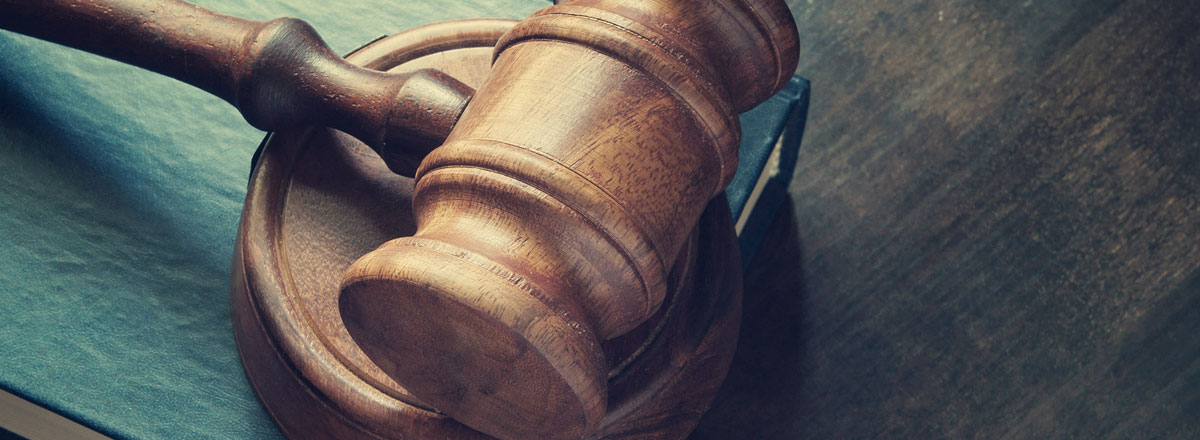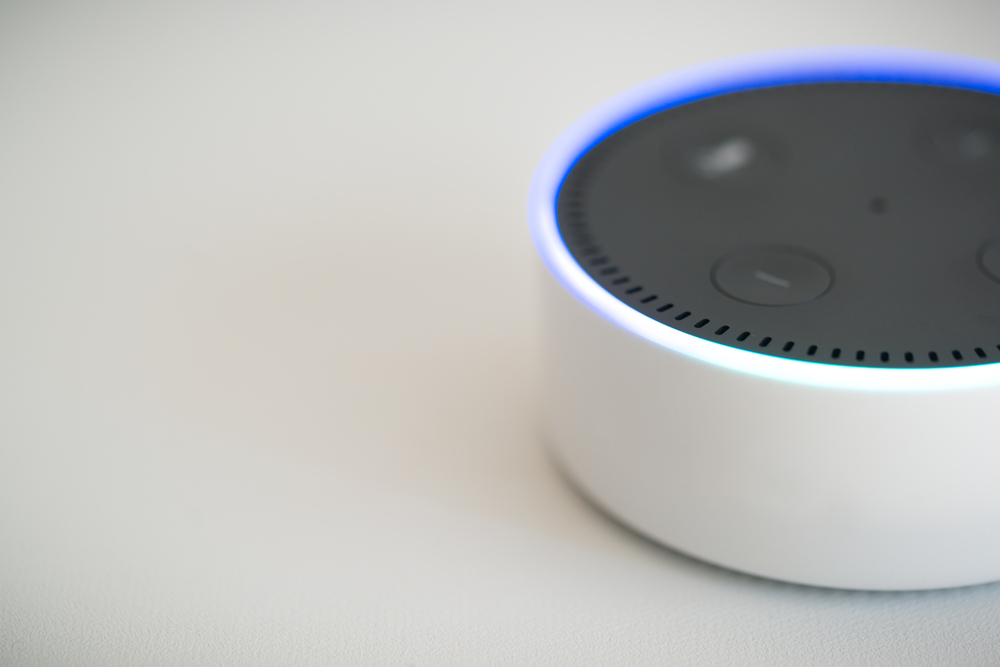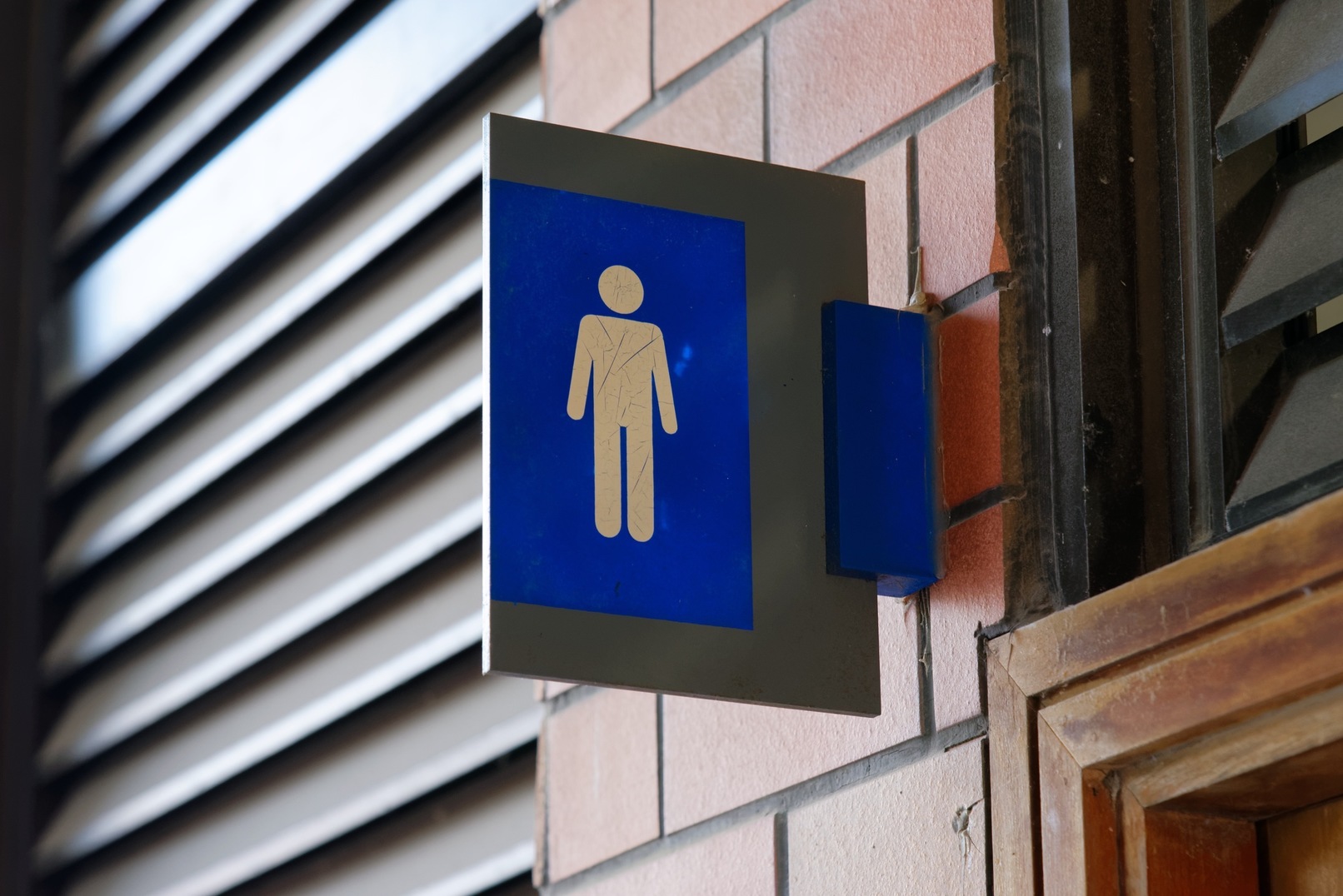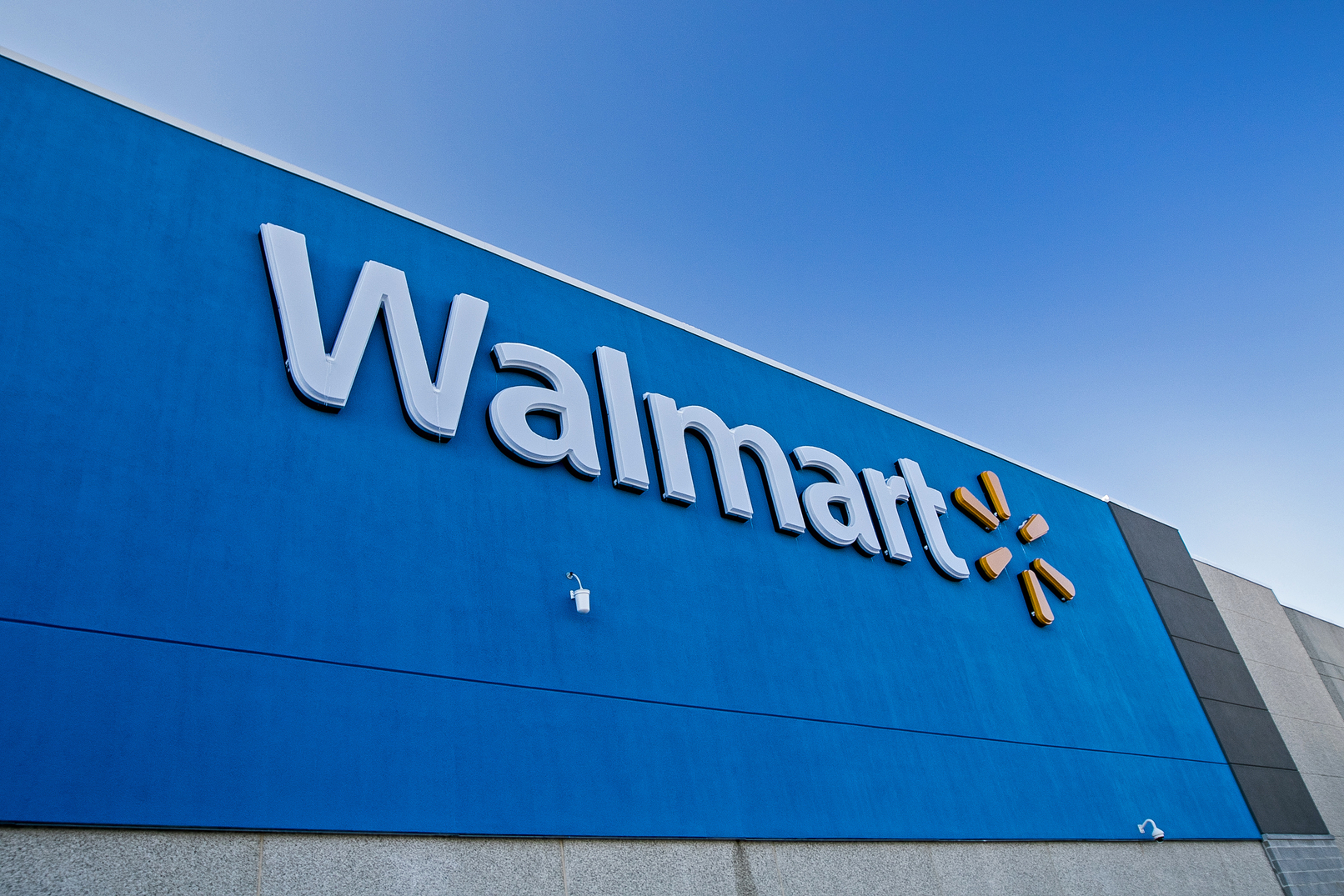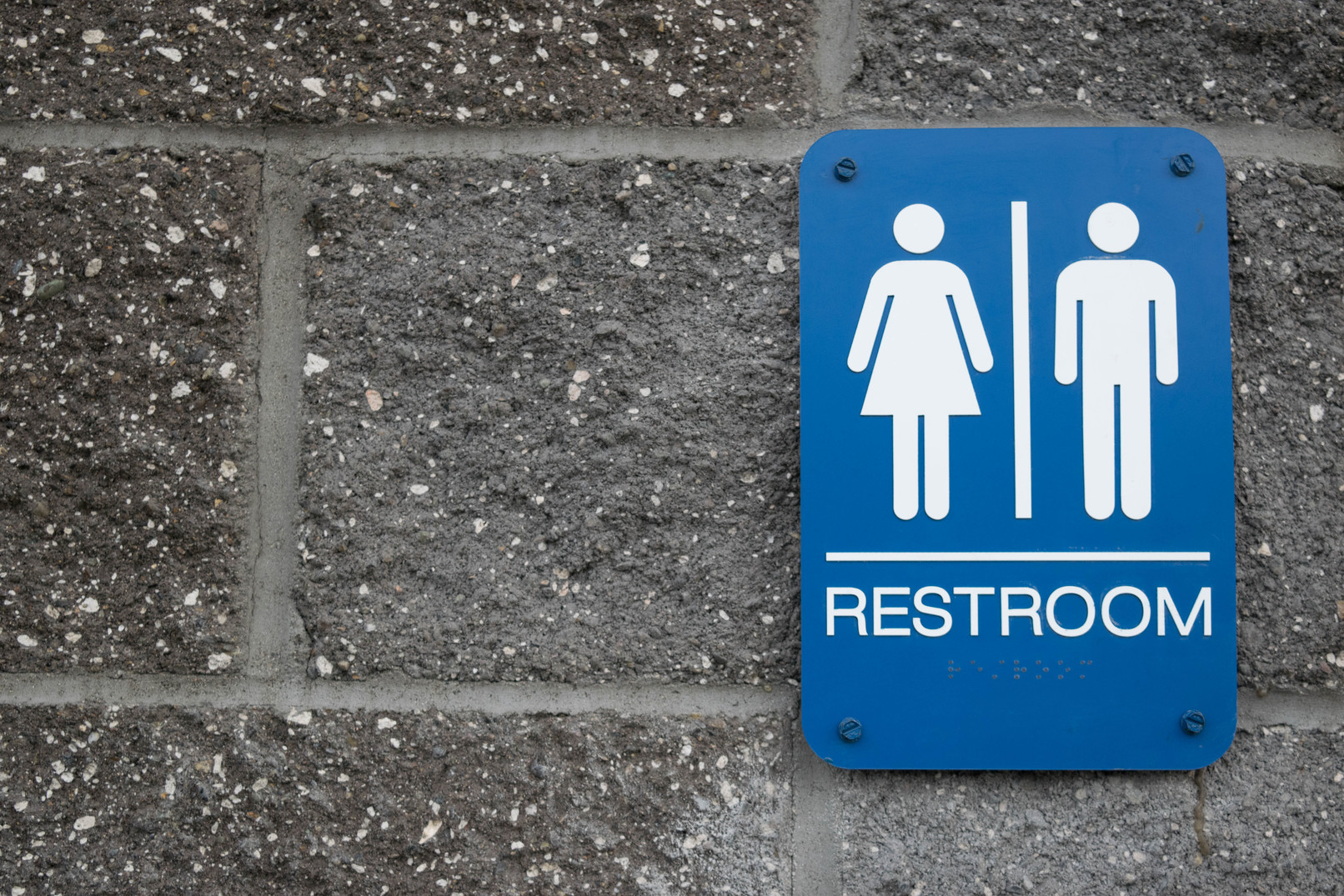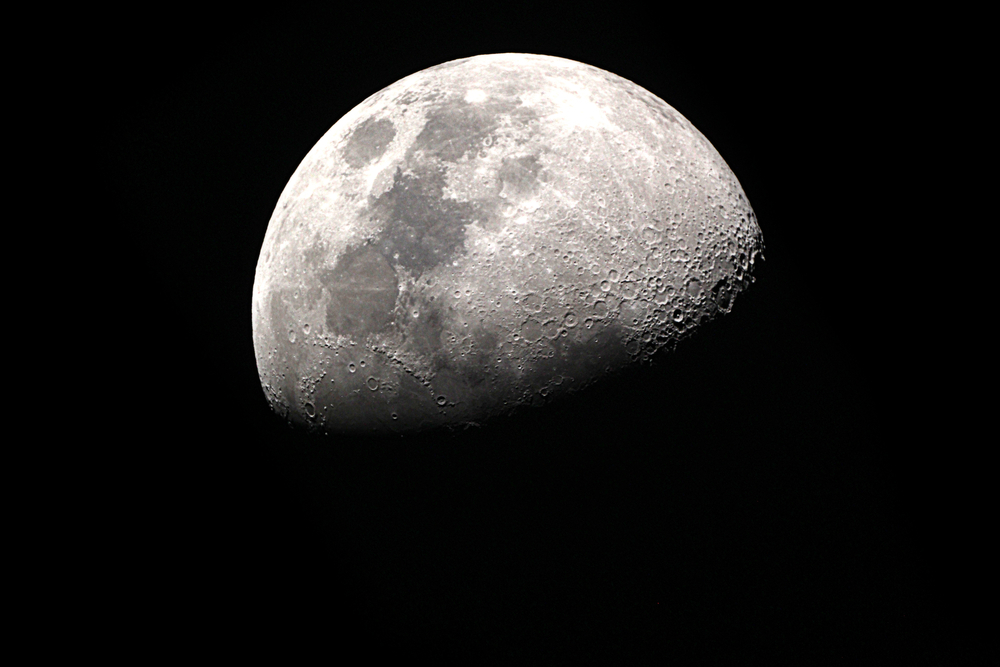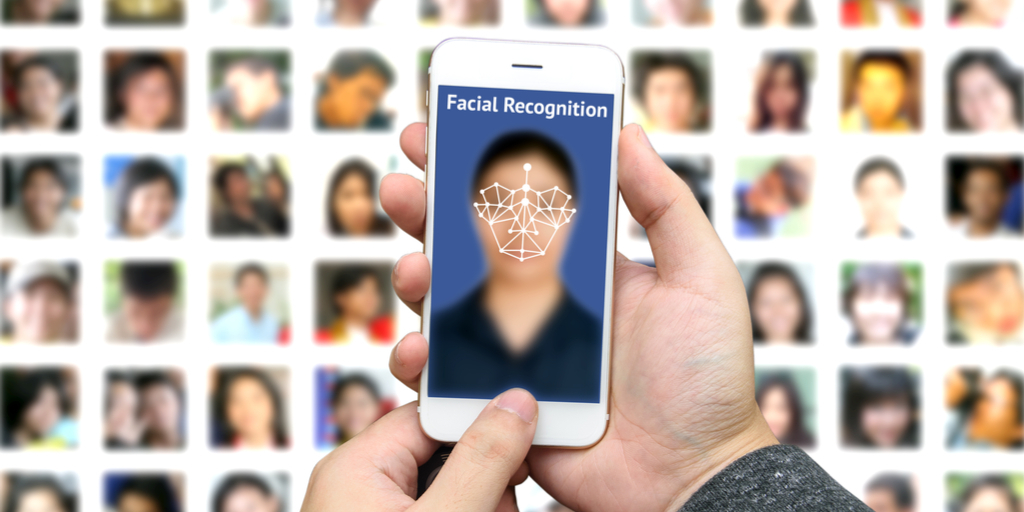The US Supreme court will not hear two cases stemming from state efforts to prevent Planned Parenthood clinics from receiving funding under Medicaid. Justices Thomas, Gorsuch, and Alito voted to hear the cases, but Chief Justice Roberts and the newly-confirmed Justice Kavanaugh voted with the Court's liberal justices to turn the cases away; four votes are needed to hear a case. This split among the conservative wing of the Court may reflect Chief Justice Roberts' intention to keep the Court out of hotly contested issues, and of Justice Kavanaugh's willingness to follow along, at least for the time being.
Articles Posted in Privacy
The Data Protection Commissioner of Ireland released a report last week that discussed an investigation into a complaint against the social media network LinkedIn, owned by Microsoft. In the investigation, the Data Protection Commission found that LinkedIn U.S. had collected the email addresses of 18 million people who were not users of the network.…
Last week, a New Hampshire judge ordered Amazon to turn over an Echo smart speaker’s recordings that may have captured key evidence in a double homicide that occurred last year in Farmington. Investigators believe that the recordings may provide information that could help convict the murderer. The question arises: how much data can tech companies collect, store, and use, and what does that mean for privacy?
A federal judge has struck down the policy of a high school in Ponte Vedra Beach, which had required an 18-year-old student to use a gender-neutral bathroom. The judge found that the policy was unjustified because the student did not threaten the safety or privacy of other students. Thus, the transgender student…
The technology, referred to as "listening to the frontend," would use a series of sensors in the cashier area to collect audio data. This data could include conversations between guests and customers at checkout.
Last Thursday California Governor Jerry Brown signed into law the California Consumer Privacy Act of 2018 (CCPA), granting California consumers the right to request that businesses disclose the categories and specific pieces of personal information that they collect about the consumer, the categories of sources from which that information is collected, the business purposes for collecting or selling the information, and the categories of 3rd parties with which the information is shared. The law, which goes into effect January 1, 2020, also authorizes California consumers to opt out of the sale of personal information by a business and will prohibit the business from discriminating against the consumer for exercising this right, including by charging the consumer who opts out a different price or providing the consumer a different quality of goods or services, except if the difference is reasonably related to value provided by the consumer’s data. Moreover, the CCPA makes it more difficult for businesses to sell personal information for consumers less than 16 years of age.
The Supreme Court has ruled that the government usually will need a warrant to collect large amounts of locations data about the customers of cellphone companies.
Last month, a three-judge Third Circuit panel announced just minutes after oral arguments that it would affirm a district court’s ruling in favor a school district policy that allowed transgender students to use bathroom and locker room facilities corresponding with their gender identity. This unusually quick decision was partly practical, as the judges explained that they wanted to rule before the students’ graduation date.
When Laura Murray was 10 years old, she received a small glass vial containing light-gray dust from an old friend of her father’s: Neil Armstrong. The vial was paired with a note that said “To Laura Ann Murray — Best of Luck — Neil Armstrong Apollo 11.” Laura, who’s now Laura Cicco, found the vial years later in her parents' home after they had passed away. The note has since been authenticated by a handwriting expert to belong to Neil Armstrong. Cicco filed the lawsuit against NASA to get ahead of any potential legal issues since the space agency has a history of confiscating suspected lunar material from citizens.
The largest social media company in the world faces another legal battle. On Monday, April 16, 2018, US District Judge James Donato ruled in San Francisco federal court that a class action lawsuit could proceed with the allegation that Facebook illegally collected and stored its users biometric data without their permission.

